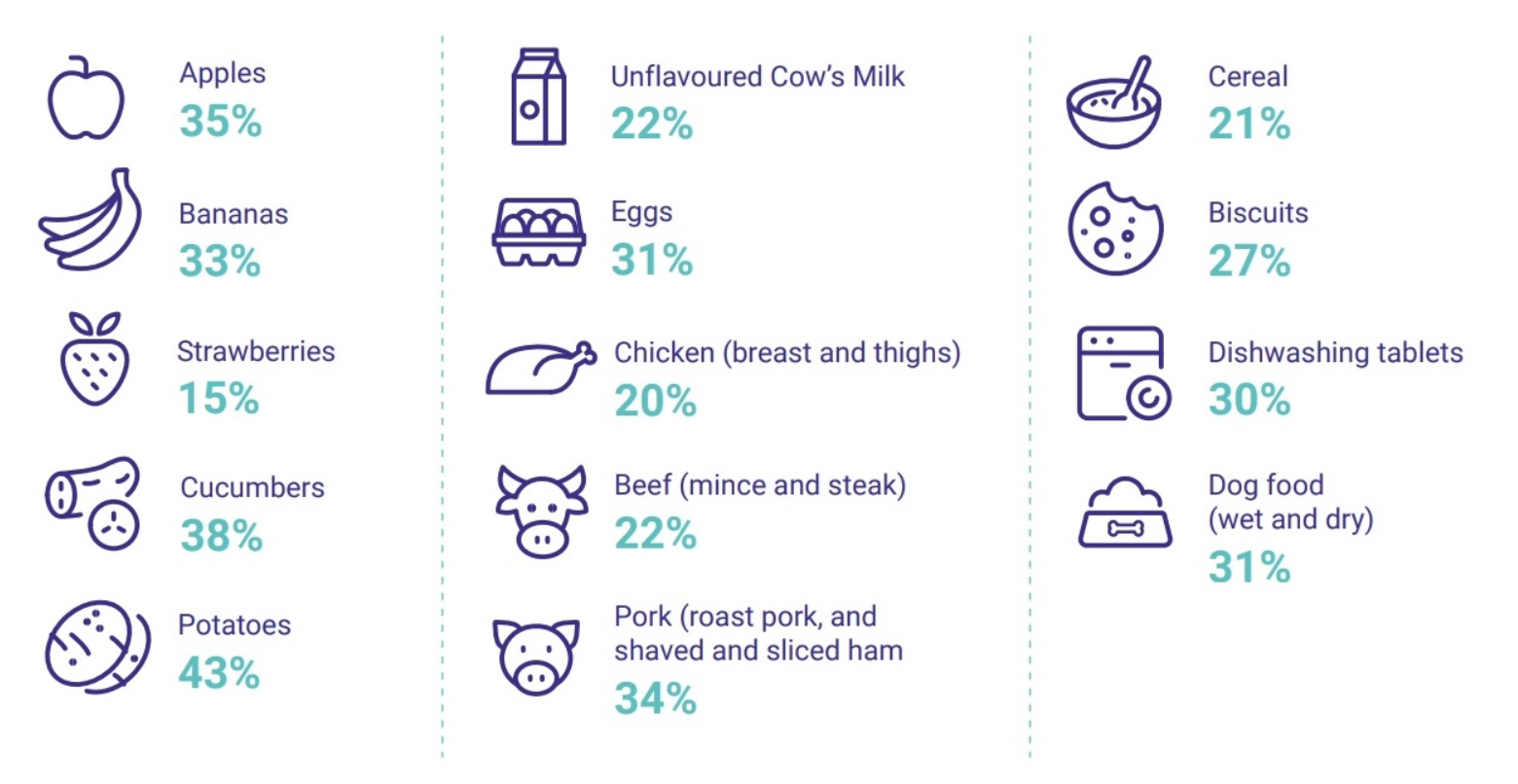A new ACCC report has confirmed what many Australians have felt for years: grocery prices are going up, but the competition isn’t.
The Australian Competition and Consumer Commission (ACCC) has just wrapped a year-long investigation into the supermarket sector — and the results are raising eyebrows. It turns out Coles and Woolworths have such a strong hold on the industry, they no longer need to compete vigorously on price. That lack of pressure means fewer discounts, slower price drops, and rising margins — and Aussie families are feeling the squeeze.
According to the ACCC:
This doesn’t just impact prices — it also affects availability, variety, and even how much power suppliers have in getting their products on shelves.
Despite not officially declaring the market a "duopoly", the ACCC called it an oligopoly, where just a few players dominate the entire landscape. The result? Less incentive to compete on price, and more room to quietly raise profit margins — especially on branded goods.
The report revealed something telling: even as operational costs rose during and after the pandemic, Coles and Woolworths didn’t pass cost savings back to customers.
Instead:

It’s not just customers who are affected. The ACCC also found that suppliers — especially fresh produce growers — are stuck in an unequal relationship. With few buyers in the market, many are forced to accept poor terms, carry freight costs, and even pay “rebates” or charges when Coles or Woolies places an order.
Some contracts were so vague, they didn’t even outline volume or price — suppliers simply had to agree or risk being pushed out altogether.
The ACCC has made 20 recommendations, including:
The federal government has responded “in principle”, committing $2.9 million to help suppliers — but has not yet guaranteed these changes will happen.
Right now, most Australians still do the majority of their shopping at Coles or Woolies. Aldi adds a little more competition, but it’s not accessible in every suburb. Independent grocers and co-ops often don’t have the scale to compete on convenience or visibility.
That’s where ShopAround comes in.
When the big supermarkets don’t need to fight on price, we give that power back to you.
ShopAround lets you:
We believe in real transparency — not tricky deals, not confusing discounts, and not loyalty programs that don’t serve you.
Australia’s grocery market isn’t going to fix itself overnight. But with the right tools, you don’t have to play by the big players’ rules.
Shop smarter. Shop informed. ShopAround.